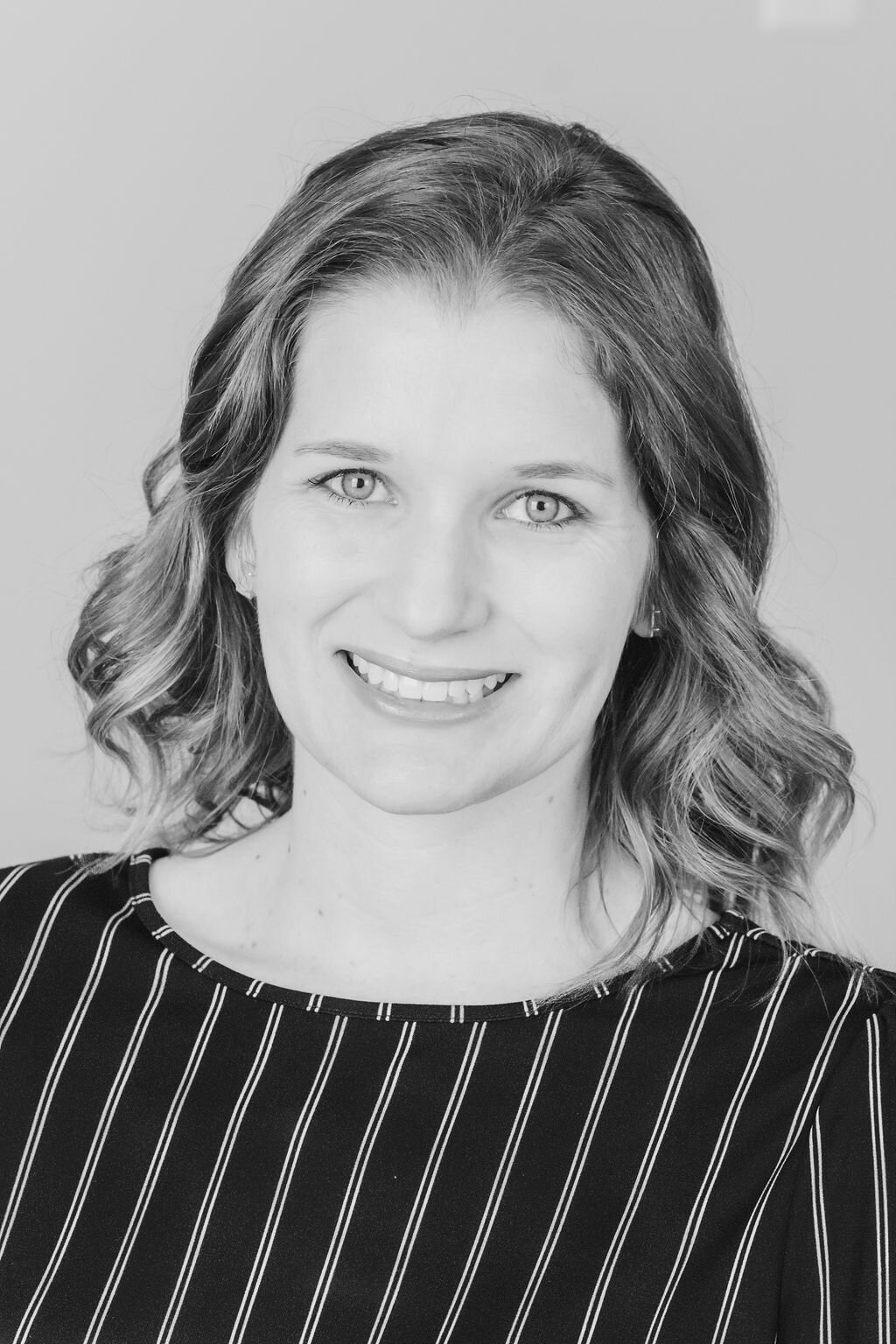Thank you to YPAL for hosting this Instagram live interview and for all that you do for Louisville’s young professional community.
Transcription:
Hey! I am Shannon Gonter, and I am a licensed professional clinical counselor here in Louisville. I went to U of L for graduate school and did some post graduate work at Bellarmine. In my private practice, I do in person and online individual mental health counseling with adults residing in KY. I mostly work with young adults ranging from 18-35 who are struggling with pressure, perfectionism, emotional suppression, lack of purpose, and the struggles of living up to societies high expectations. After counseling, my clients often feel less stuck in life, more confident in their personal and professional lives, more connected to their emotions, are able to live life by their rules and not the rules that were set for them by others, and just have a better overall understanding of who they are therefore allowing them to navigate their relationships with more ease.
So, Self-care is…
an intentional, necessary and caring thing to do that creates more space for you to focus on you. That may be physical space created, mental space, emotional space, spiritual space, etc. It is something that allows you to focus on you.
Whenever talking about what self-care is I feel the need to point out what Self-care is not (because there are a lot of conscious and unconscious misconceptions out there)
Self-care is quite a trendy term and we do hear a lot about how we need to be “doing more of it” but the reason we don’t just all “do more self-care” is because there is some friction caused by taking time for ourselves.
1) a lot of people don’t really know what self-care is and just think it is pedicures and massages and a privilege (which I am here to tell you that it isn’t)
2) we have also been socialized to view a lot of true self-care activities as selfish and been taught that being selfish is bad (so we naturally steer away from it)
3) We think that self-care is just “adding more of” to our already busy schedules. Which is also false because the point of doing self-care is to make things feel less heavy. So if your “self-care” activities are leaving you feeling guilty if you don’t do them, or exhausted---it may not be self-care for you.
4) Finally, a lot of people just turn to self-care during a crisis and then are like “self-care doesn’t even work for me”. That’s like doing to the gym once and then being surprised that you can’t squat 200 lbs. That’s just not how it works.
Think of self-care like a muscle. If you don’t regularly use those muscles, when you do they are in shock and get quite sore after. But if you give those muscles attention, condition them and use them on the reg, they are much easier to access, know what to do and won’t create so much turmoil for you the next day.
So just like there are different types of muscles in your arm, there are different types of self-care (8).
Physical
o Involves movement, health, sleep, diet, touch and intimacy.
Eating on the reg, napping, wearing clothes that make you feel good, seeking medical care when needed, being sexual with yourself or your partner/partners, running, dancing…)
Psychological
o Involves learning something new, thinking, engaging motivation from within, expression through creativity and intentionality.
Journaling, finding time to reflect throughout your day, allowing yourself to be curious, doing a digital detox, going to counseling, saying “no” to extra responsibilities…
Emotional
o Enhances emotional literacy, assists one in navigating emotions, increasing empathy, managing stress more effectively, and develop compassion for self and others.
Loving yourself, allowing yourself to cry, staying in contact with people from your past, spending time with those who you enjoy, expressing your outrage in social action, letters, donations, volunteering, marches, protests…
Social
o Individuals that are in your life that you trust and can turn to when needed. Allows you to feel connected to others.
Meeting new people, volunteering, asking for help when needed, maintaining health boundaries with others, maintaining your commitments made…
Professional
o Maintaining clear professional boundaries, sharing your strengths and talents, and living your life and following your passions outside of work.
Actually take a lunch break, being clear with your roles and responsibilities for your day to day, remind yourself that you can negotiate your needs to be met…
Environmental
o Clean, clutter free, organized work, business and personal environment.
Not littering, monitoring your technology time, decluttering your house, cleaning your clothes on a regular basis, taking care of your car/bike…
Spiritual
o Beliefs and values that guide you and that are important to your life.
Spending time in nature, connect with community, be aware of nonmaterial aspects of life, don’t be the expert at all times, meditation…
Financial
o Being responsible with your finance and having a conscious relationship with money.
Knowing how much income is coming in, knowing what your expenses are, keeping your insurances up to date, completing taxes on time, saving for future events…
Usually people are not naturally - equally good at being aware of and maintaining all 8 categories of self-care at once. They are going to fluctuate given the person, time of year, work schedule, life happenings, etc. Maybe you are a highly spiritual individual so that category is always overflowing but you are not fiscally tuned in. So maybe spending some time and creating space for new financial self-care skills could assist you and your overall well-being.
As pretty much everything does, certain aspects of self-care look different during the times of COVID-19 because our schedules are out of whack, there is a lot of uncertainty going around, everything has gone virtual, school is cancelled, anxiety is high and I could just keep going on and on with all the changes but I’ll stop there.
Written by: Shannon Gonter, LPCC
Shannon Gonter, Professional Counseling in Louisville, KY
I specialize in working with men and young adults. I am passionate about my career and want to work with you to create positive change. I also strive to create a counseling environment where men and young adults can relate, feel heard, and find new solutions to their negative patterns. Some issues that I most commonly work with are stress, relationship issues, difficulty saying “no” to others, difficulties recognizing emotions and emotionally connecting to others, anger, and intimacy issues, among others.
The information and resources contained on this website are for informational purposes only and are not intended to assess, diagnose, or treat any medical and/or mental health disease or condition. The use of this website does not imply nor establish any type of therapist-client relationship. Furthermore, the information obtained from this site should not be considered a substitute for a thorough medical and/or mental health evaluation by an appropriately credentialed and licensed professional.


